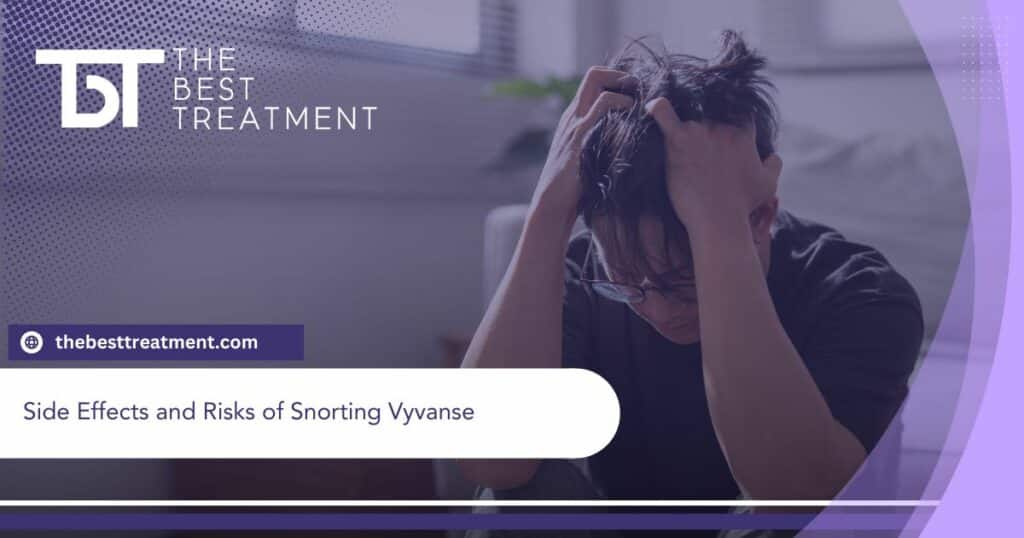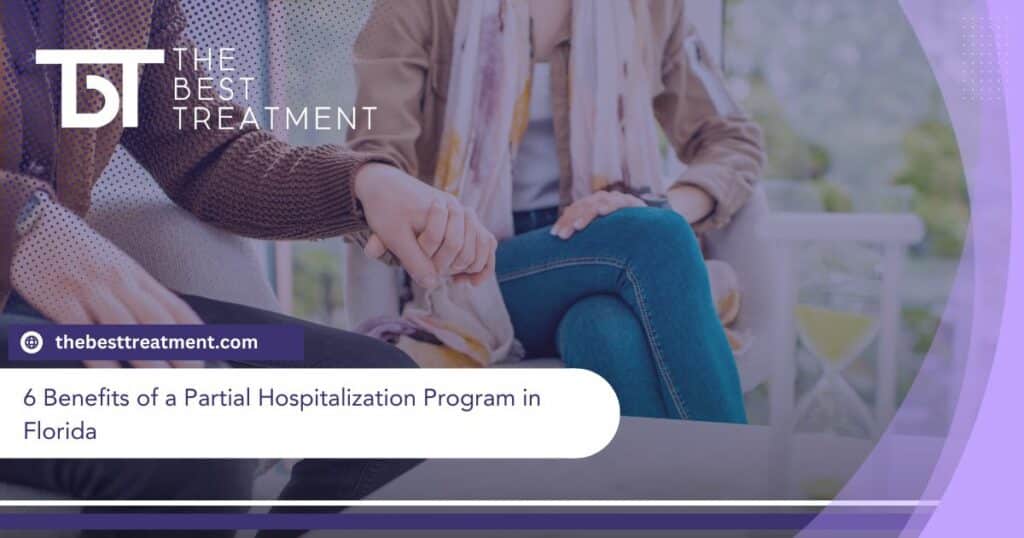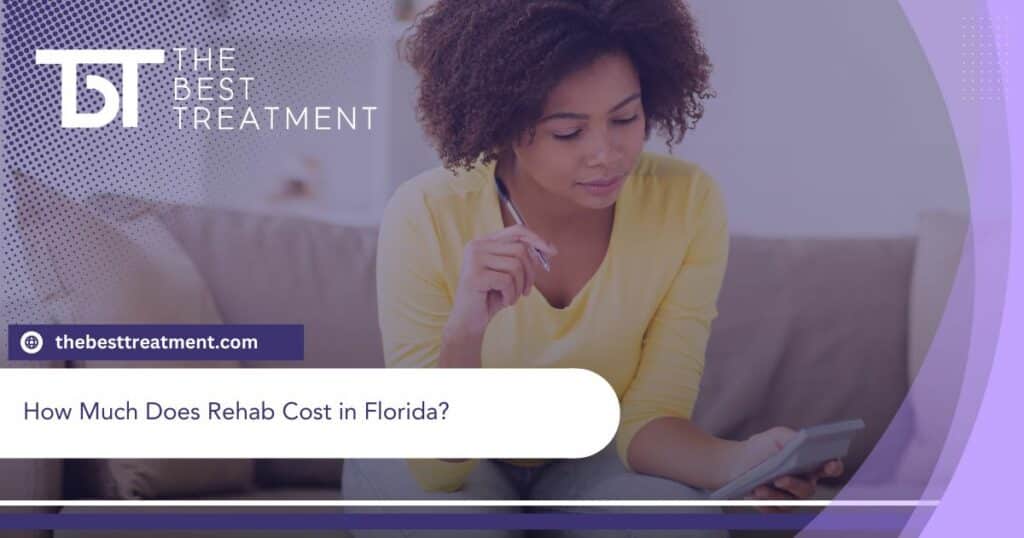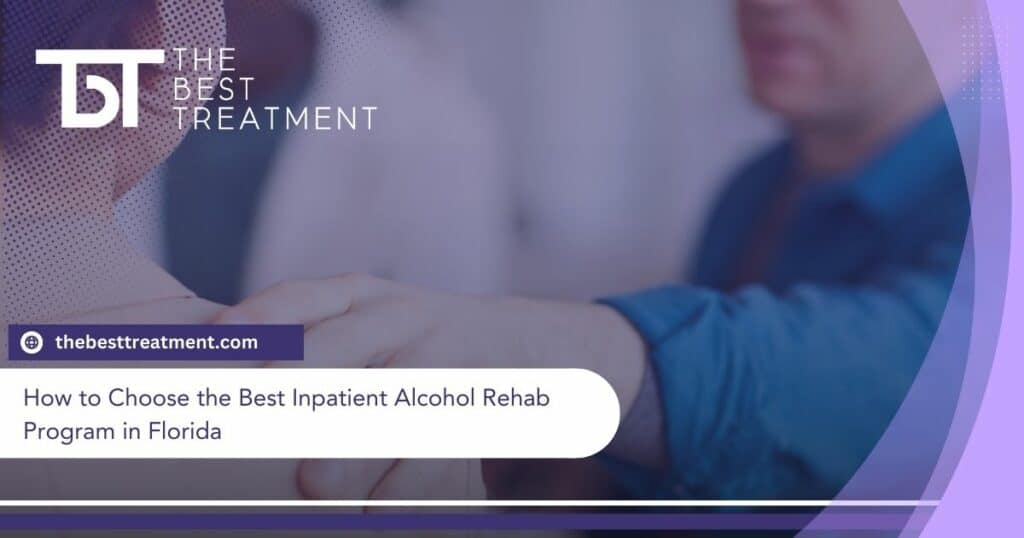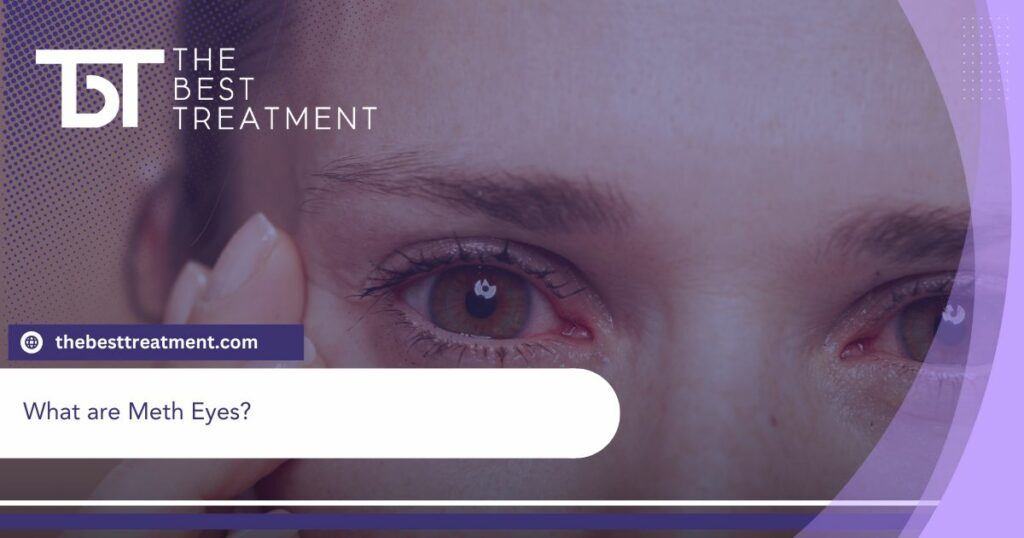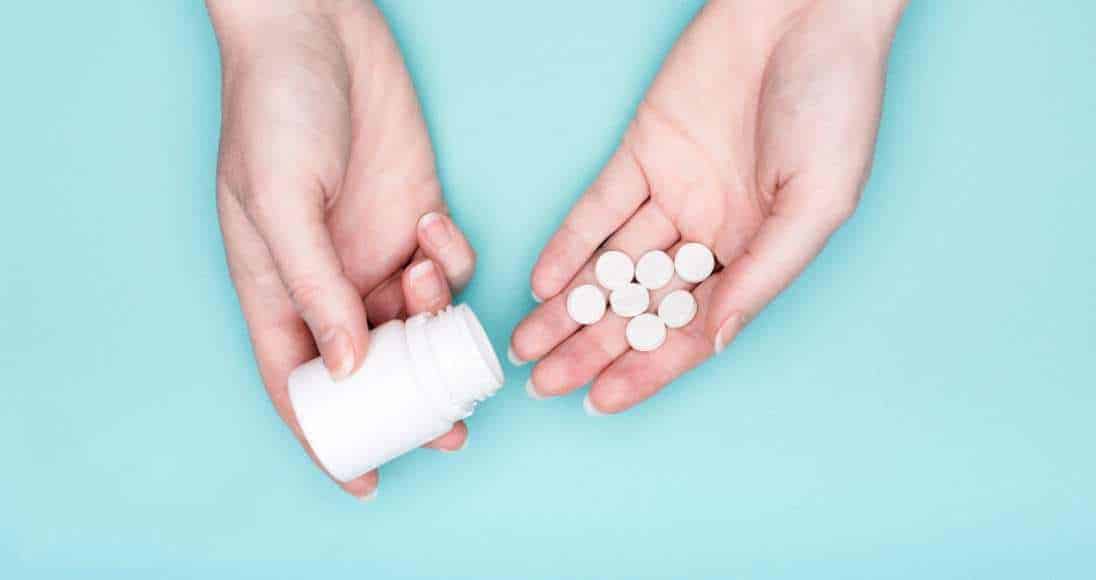Table of Contents
Trazodone is a serotonin antagonist and reuptake inhibitor (SSRI). SSRIs are a class of drugs that are used as antidepressants in the treatment of a major depressive disorder, anxiety disorders, and conditions related to serotonin deficiencies. These medications inhibit the reabsorption of serotonin by neurons, increasing the availability of serotonin in the brain.[1] Additionally, trazodone has sedating effects, causing this medication to be helpful in the treatment of sleep disorders. Because of this, many individuals take Trazodone on a daily basis, for medical and psychiatric reasons.
However, some individuals may attempt to abuse this medication. Begging the question, can you get high on trazodone? Let’s take a look at the facts.
Does Trazodone Get You High?
In short, trazodone can get you high. In fact, it is possible for any type of substance or medication to be abused, due to the entrepreneurial nature of those who seek to abuse substances. While some medications have a higher risk of abuse (prescription opioids, benzodiazepines, etc.), many individuals who abuse substances will attempt to receive mind-altering effects from all different kinds of prescriptions.
It has been accepted that antidepressant medications are potential drugs of abuse, even though this is a relatively rare phenomenon. Oftentimes, these prescription drugs are abused alongside other drugs of abuse, such as alcohol or painkillers. According to a study, when looking at trazodone, Ambien, and Halcion, trazodone has the least potential for abuse.[2] However, this could be interpreted as trazodone having a potential for abuse, even though it is less common when compared to other medications.
Lastly, the consumption of trazodone does pose a threat of dependence that is commonly associated with many other antidepressant medications. This “dependence” is referred to as antidepressant discontinuation syndrome. Additionally, while trazodone overdoses are uncommon, they can occur. With that being said, trazodone can be classified as a substance of abuse.
Trazodone Abuse: An Overview
As we have learned, it is possible to get high on trazodone. This causes this medication to be loosely categorized as a substance of abuse.
According to the National Institute of Drug Abuse, there are certain parameters of prescription medication abuse, like trazodone, which include:[3]
- Individuals who take prescription medications for medicinal purposes and under the supervision of a doctor are less likely to abuse these substances.
- People who use prescription medications for nonmedical reasons are significantly more likely to develop substance use disorders and to combine them with other drugs of abuse.
- Antidepressant medication abuse more commonly occurs as a secondary drug of abuse mixed with other drugs of abuse. With that being said, people who abuse trazodone are more likely to have histories of abusing other drugs or being addicted to other drugs of abuse.
Anyone who uses antidepressant medication for longer than 6-8 weeks could develop a dependency on their medication. However, it is important to note that physical dependence alone does not indicate a substance use disorder or addiction. If an individual is taking their prescription for medical reasons, as directed by a doctor, they do not fit the criteria for a substance use disorder, according to the American Psychiatric Association.[4] To explain, abuse and addiction of substances include the nonmedical use of drugs that results in negative consequences for the individual, leading to stress or functional impairments.
Signs of Trazodone Addiction
Because trazodone can get you high, it is also possible to become addicted to this medication. Signs that may indicate that an individual is abusing or addicted to trazodone include:
- The person obtains trazodone without a prescription from a doctor.
- A person with or without a prescription for trazodone uses the medication more often than prescribed, more frequently than prescribed, in manners not consistent with the prescribed use of the drug (e.g., snorting it), or combines it with other drugs.
- An individual with a prescription attempts to obtain more trazodone than originally prescribed.
- The person begins to spend more time attempting to obtain or use trazodone.
- An individual continues to use trazodone even though its usage leads to negative consequences.
- The person begins to fail to complete or ignore major responsibilities as a result of trazodone abuse.
- Trazodone use begins to cause health issues.
- The person uses trazodone under potentially dangerous conditions, such as combining it with other drugs like alcohol or painkillers.
- An individual has been using trazodone for reasons other than its intended use (e.g., to get “high” or to enhance the high experiences of other drugs).
- The person begins to display issues with tolerance and experiences withdrawal symptoms when going without the drug.
If you or a loved one have experienced any of the mentioned signs, you may be addicted to trazodone. Trazodone addiction must be treated like any other substance use disorder, like opioid or alcohol addiction. With that being said, if you believe you suffer from trazodone abuse or addiction, contact a professional treatment provider today.
Treatment for Trazodone Addiction in West Palm Beach
If you or a loved one abuse trazodone in West Palm Beach, The Best Treatment Center is here to help. With a combination of medical detox, comprehensive therapy, psychoeducation, and addiction support meetings, you or your loved one can make a full recovery from trazodone addiction. Contact us today for more information about our addiction treatment center in West Palm Beach, Florida.
References:
Medically Reviewed: September 25, 2019

All of the information on this page has been reviewed and verified by a certified addiction professional.





